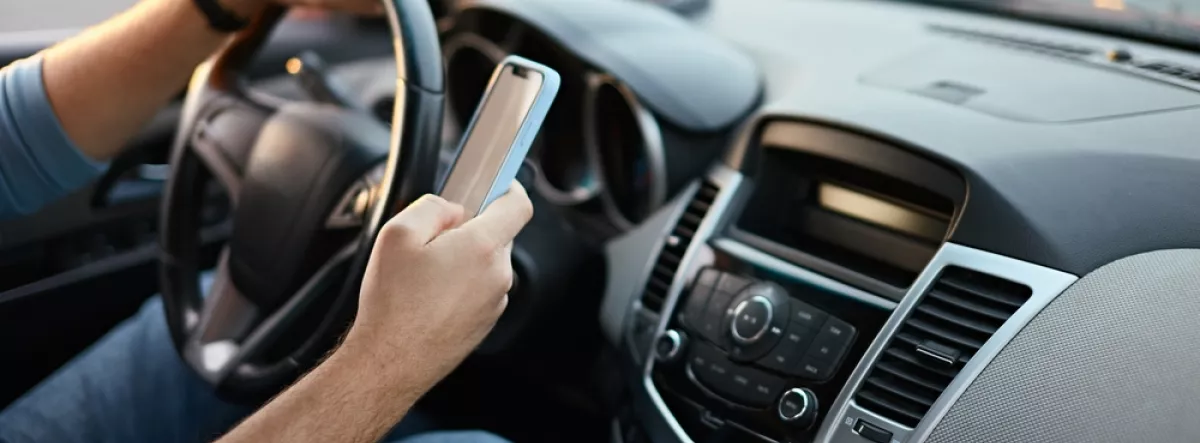Distracted driving remains a major issue in Canada, costing $10 billion annually and causing many teen accidents, with cell phones and other activities contributing significantly.
Blog
Featured
Canada will allow Chinese EVs starting March 1, lowering tariffs from 100% to 6.1% with import quotas, potentially driving down EV prices.
All Articles
Home sellers in Canada must disclose hidden material defects, as failing to do so can lead to serious legal and financial consequences.
Ontario winters bring dangerous driving conditions, but winter tires improve safety and can earn drivers insurance discounts—though few install them for savings despite widespread use.
Ontario drivers will see major insurance changes by July 2026, shifting to an “a la carte” model that offers more choice and updates to accident benefits.
We’re reflecting on a year of growth, change, and major achievements in 2025, overcoming challenges through teamwork and dedication. Here’s a look at what we accomplished together.
In Canada, any car can be stolen, but certain models are targeted more—learn which vehicles top the most-stolen list to help protect your investment.
During Canadian winters, blocked vents from snow can cause deadly carbon monoxide buildup—regularly check furnace, water heater, dryer, and chimney vents to ensure they’re clear.







